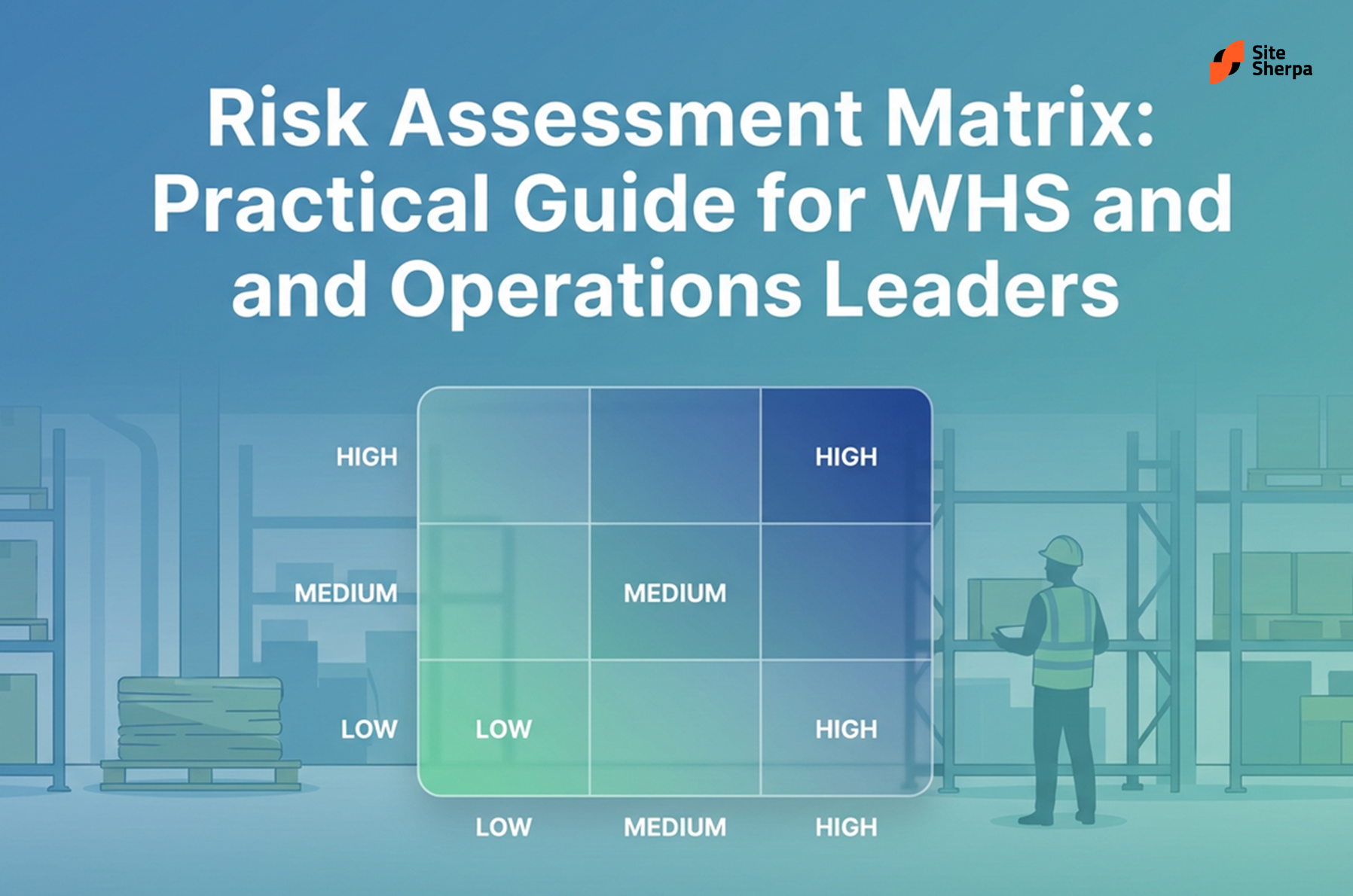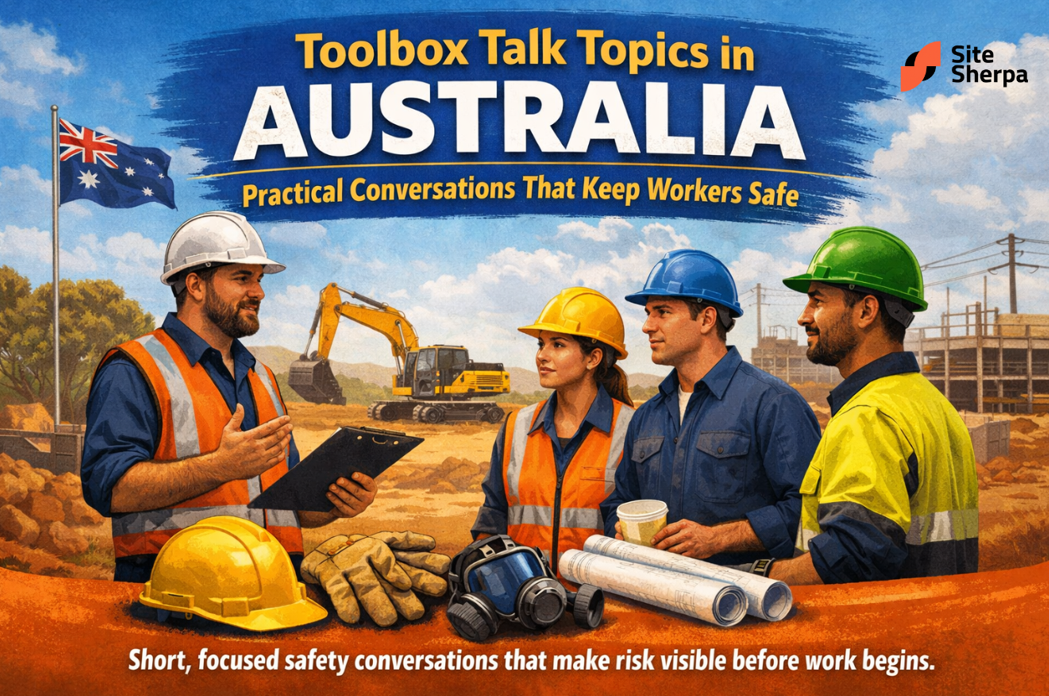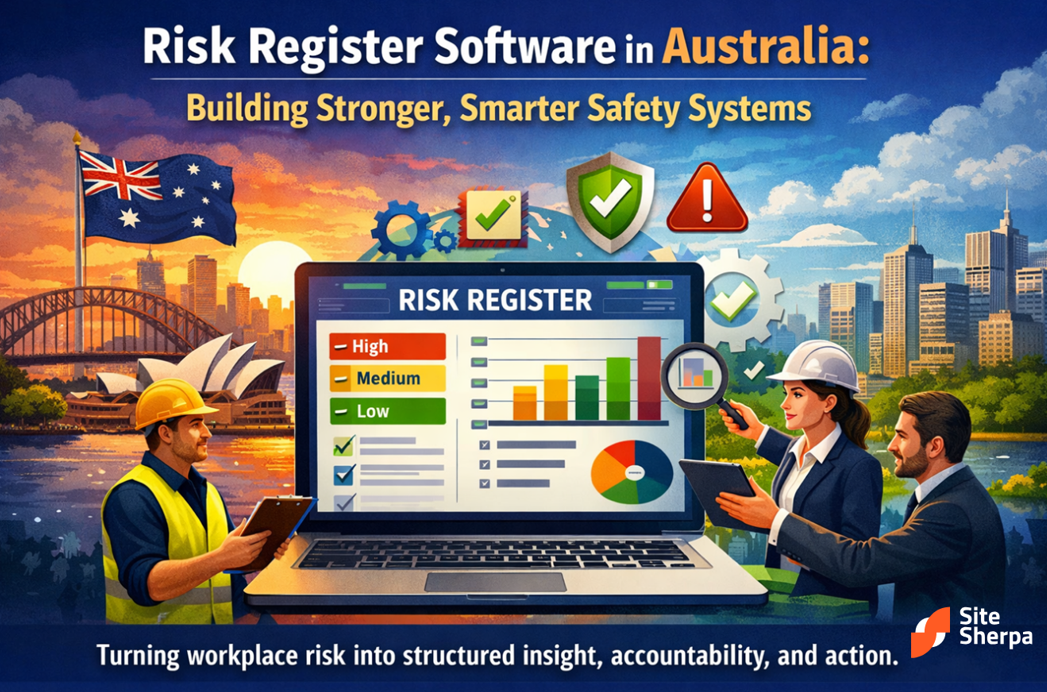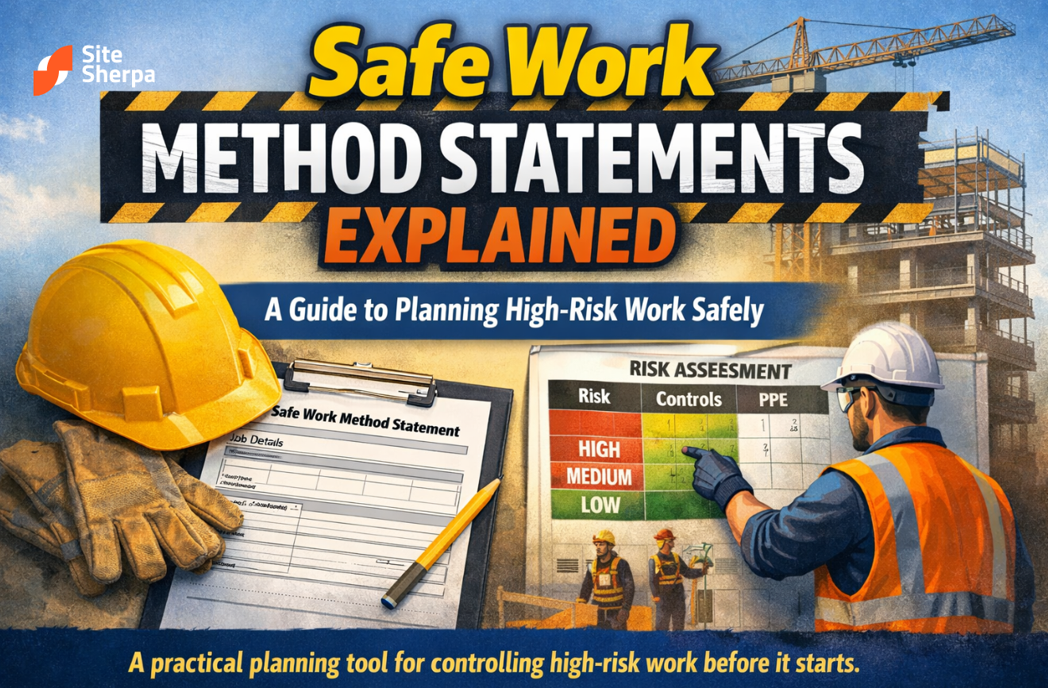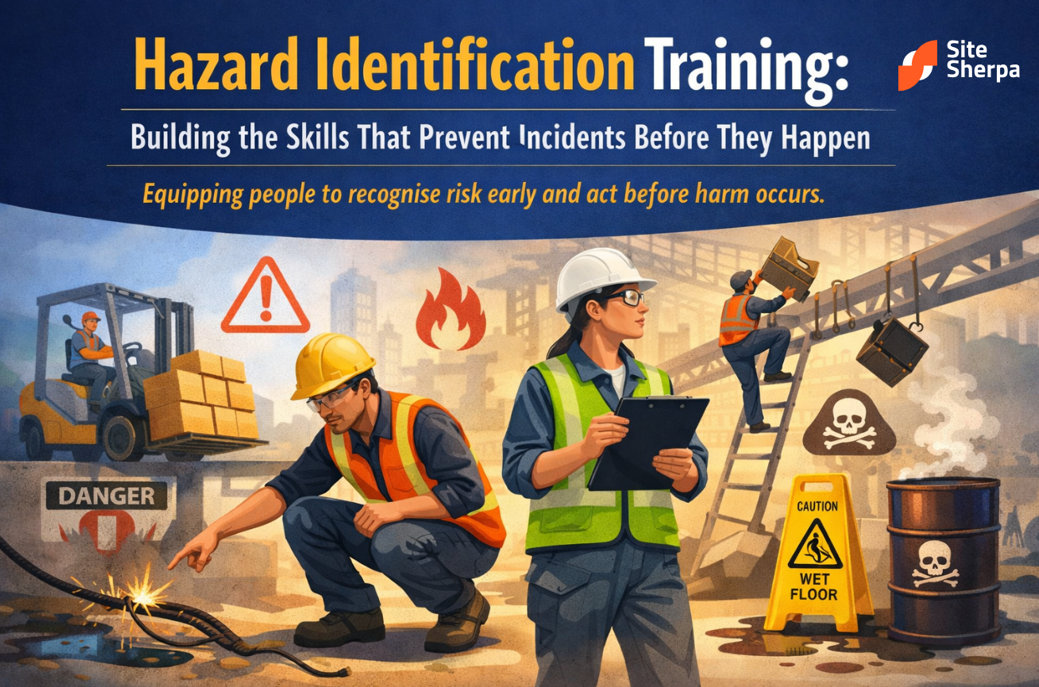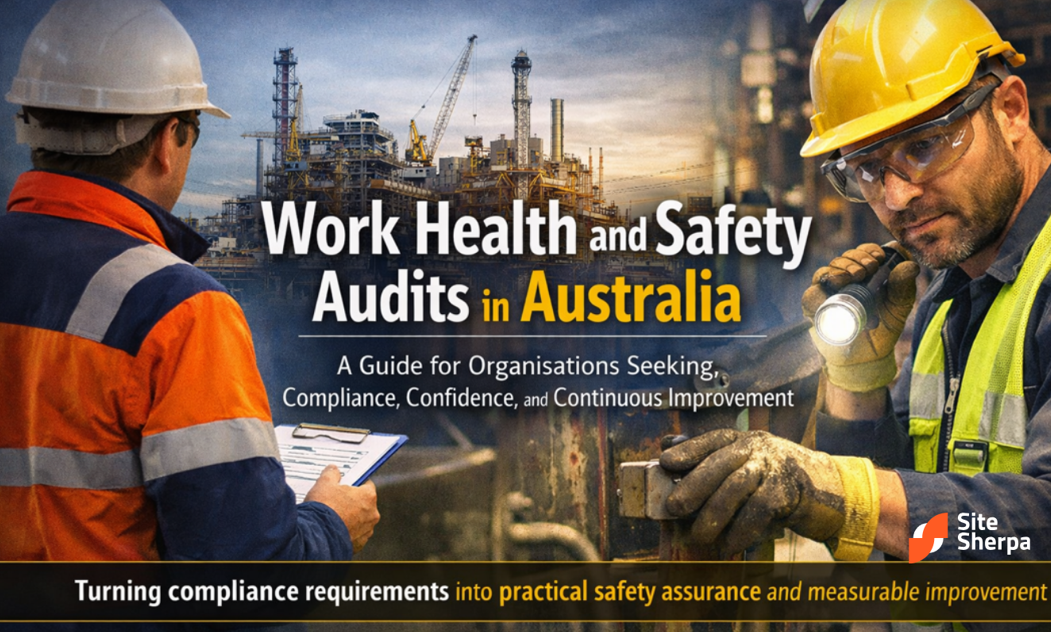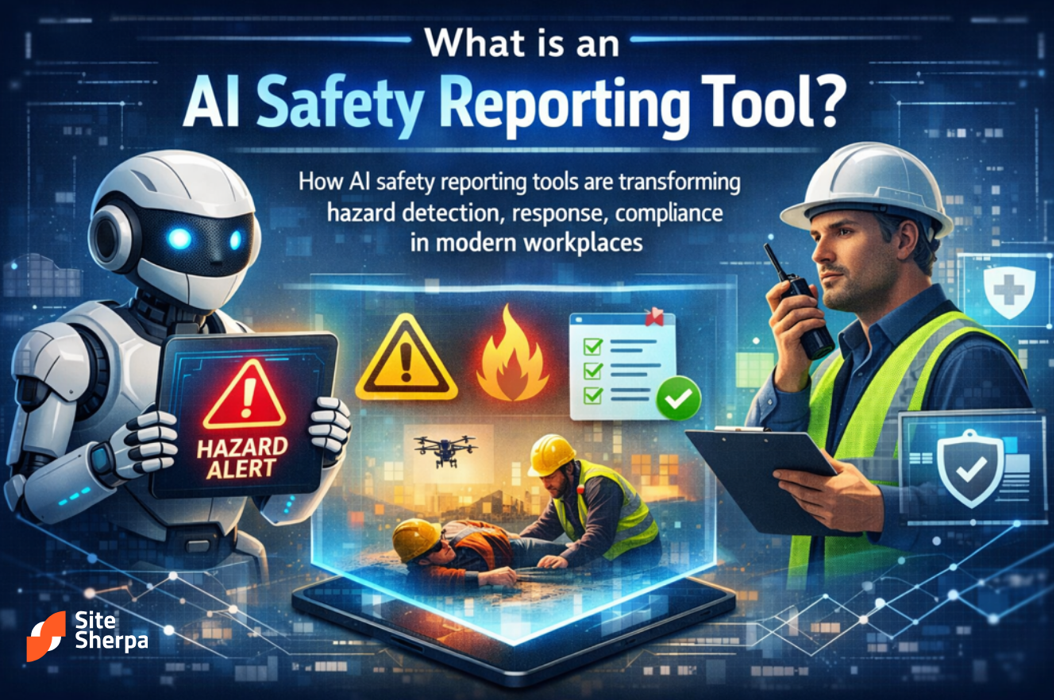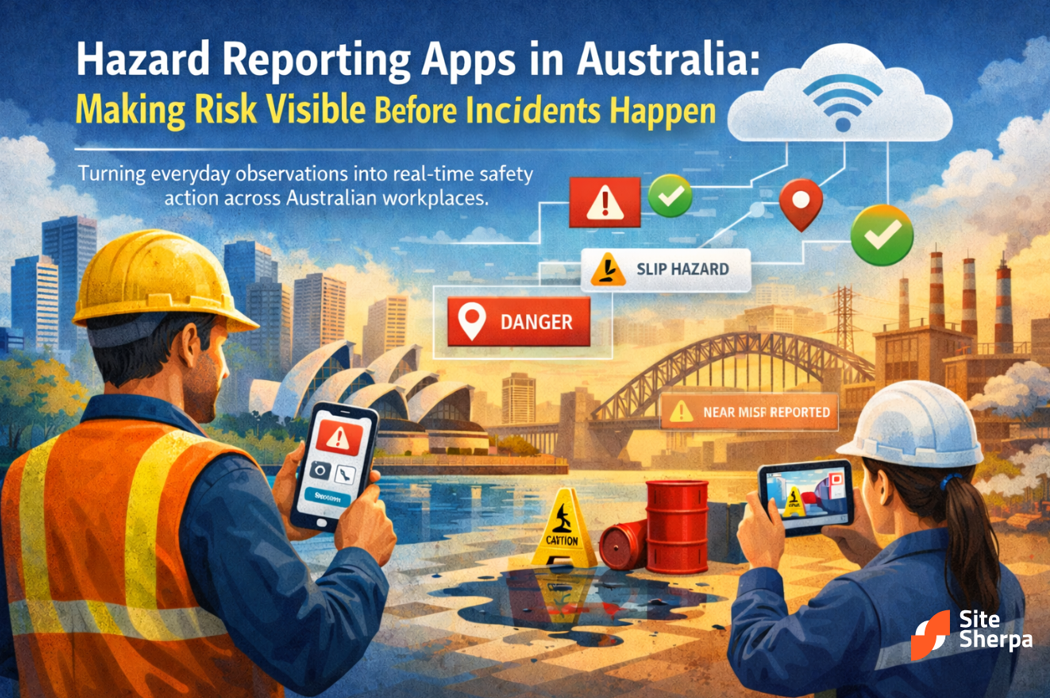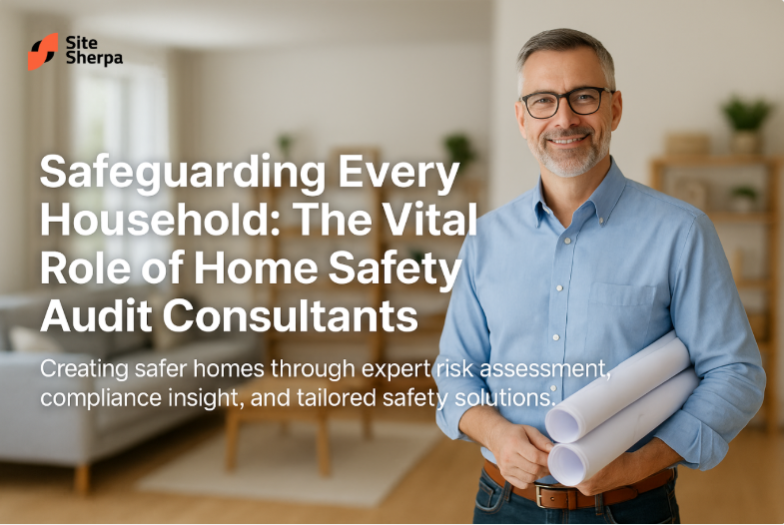Creating Safer Workplaces in Bankstown: The Value of a Workplace Safety Consultant
How professional safety expertise protects lives, improves compliance, and boosts productivity across Bankstown’s diverse industries
In an era where health and safety standards continue to evolve, ensuring a safe workplace is no longer just a legal obligation it is a cornerstone of responsible business practice. Whether your organisation operates in construction, manufacturing, logistics, retail, healthcare, or professional services, workplace safety underpins every aspect of performance, reputation, and long-term sustainability.
For businesses in the vibrant and fast-growing region of Bankstown, workplace safety comes with unique challenges. From industrial estates and warehouses to retail centres and offices, each site presents specific hazards that require expert evaluation and control. This is where the support of a workplace safety consultant Bankstown becomes indispensable.
By partnering with qualified safety professionals, local businesses can navigate complex Work Health and Safety (WHS) regulations, reduce risk exposure, and create environments where employees feel confident, capable, and protected.
Understanding Workplace Safety
Workplace safety refers to the policies, systems, and behaviours designed to protect workers from harm. It includes everything from hazard identification and risk management to emergency planning and wellbeing initiatives.
The objective is simple: to prevent incidents before they occur. However, achieving this requires more than just compliance, it demands a proactive culture where safety is integrated into every operational decision.
Under the Work Health and Safety Act 2011 (NSW), all employers have a duty of care to ensure, so far as is reasonably practicable, the health and safety of their workers and others affected by their operations. Failure to comply can lead to serious penalties, including fines, prosecutions, and reputational damage.
Having workplace safety consultants operate in Bankstown helps organisations meet these obligations by identifying potential hazards, implementing control measures, and fostering continuous improvement in safety performance.
Why Bankstown Businesses Need Dedicated Safety Support
Bankstown’s business landscape is diverse encompassing construction firms, logistics hubs, manufacturing plants, aged care facilities, and commercial offices. Each sector faces distinct WHS risks, from manual handling injuries to exposure to chemicals, machinery hazards, and psychosocial stressors.
Key Reasons to Engage a Consultant:

- Regulatory Compliance
New South Wales has strict WHS legislation overseen by SafeWork NSW. Consultants help businesses interpret and apply these laws to their specific operations.
- Risk Reduction and Cost Savings
Preventing injuries saves time, money, and productivity losses. A single workplace incident can result in workers’ compensation claims, downtime, and damage to morale.
- Tailored Safety Systems
Each workplace is unique. Consultants design systems and procedures aligned with the site’s size, nature, and workforce characteristics.
- External Expertise
Many small and medium enterprises (SMEs) in Bankstown lack internal WHS specialists. Engaging an external consultant provides immediate access to up-to-date expertise.
- Peace of Mind
Knowing your business meets WHS obligations gives owners and managers confidence during audits, tenders, or inspections.
What Does a Workplace Safety Consultant Do?
A workplace safety consultant offers a wide range of services designed to improve both compliance and culture. Their work is guided by legislation, standards, and codes of practice, but also tailored to the client’s specific risks and goals.
Common Services Include:

Consultants develop or refine safety management systems aligned with ISO 45001 or equivalent frameworks. These systems provide the foundation for policies, responsibilities, and reporting processes.

They conduct site inspections and hazard assessments to identify unsafe conditions and practices. Findings are documented in detailed reports that prioritise corrective actions.

When an incident occurs, consultants investigate the root cause and recommend preventative measures. This supports compliance with SafeWork NSW reporting obligations.

Many worksites involve multiple contractors. Consultants design and manage prequalification systems to ensure contractors meet safety standards before commencing work.

From induction programs to toolbox talks and leadership workshops, consultants equip workers and managers with the knowledge needed to stay safe.

They assist with developing Emergency Response Procedures (ERPs), evacuation plans, and fire safety drills.

Following new WHS regulations on psychosocial hazards, consultants help employers address stress, fatigue, bullying, and mental health risks.

Consultants draft essential documentation such as Safe Work Method Statements (SWMS), Risk Registers, Chemical Registers, and Safety Policies tailored to the organisation.

They establish systems for monitoring performance, tracking corrective actions, and promoting safety leadership.

Consultants help prepare businesses for external audits and compliance submissions required by councils, government agencies, or corporate clients.
Key Industries in Bankstown that Benefit from Safety Consulting

Construction and Trades
Bankstown is home to numerous construction projects, from housing developments to infrastructure upgrades. A consultant ensures compliance with WHS Regulation 2025 (NSW), manages high-risk work permits, and supports subcontractor prequalification.
Manufacturing and Fabrication
Local factories deal with machinery, welding, chemicals, and noise hazards. Consultants conduct risk assessments and develop machine safety procedures aligned with AS 4024 Safety of Machinery standards.
Transport and Warehousing
With Bankstown’s proximity to major transport routes, logistics operations must manage vehicle movement, loading/unloading safety, and fatigue management.
Health and Aged Care
Consultants help aged care facilities implement infection control, manual handling training, and emergency evacuation plans to protect both staff and residents.
Office and Retail
Even low-risk environments face issues like ergonomics, slips and trips, or psychosocial stress. Consultants provide tailored office safety programs and wellbeing initiatives.
The Process: How a Safety Consultant Works with Your Business
Engaging a consultant typically follows a structured process to ensure clarity, collaboration, and measurable outcomes.

The consultant meets with business leaders to understand operations, workforce composition, and specific safety challenges.

A physical inspection of the workplace identifies hazards and reviews existing controls. Photos, measurements, and observations are recorded.

Comparing current practices against WHS legislation and best practice frameworks highlights areas requiring improvement.

The consultant prepares a prioritised safety improvement plan outlining corrective actions, responsibilities, and deadlines.

Consultants assist with implementing new policies, procedures, and training programs.

Follow-up visits assess progress, verify compliance, and make continuous improvements.
This approach ensures safety improvements are not just theoretical but embedded into daily operations.
Legal Framework: Workplace Safety in NSW
The Work Health and Safety Act 2011 (NSW) and Work Health and Safety Regulation 2025 (NSW) form the legislative foundation for managing risks in the workplace.
Under these laws:

Additional codes of practice such as those on hazardous manual tasks, electrical safety, and construction work guide practical implementation. A consultant ensures your workplace aligns with these requirements and avoids costly non-compliance.
The Cost of Ignoring Workplace Safety
Failing to manage safety risks can have devastating consequences.

Consider the following impacts:
- Human Cost: Injuries, long-term health impacts, or fatalities affect workers and families.
- Financial Cost: Workers’ compensation claims, insurance premium increases, and lost productivity.
- Legal Cost: Penalties for breaches can exceed $3 million for corporations and $600,000 for individuals.
- Reputational Cost: Clients, investors, and employees expect responsible operations safety failures damage credibility.
Hiring a professional workplace safety consultant is a small investment compared to the potential costs of an incident or regulatory fine.
Building a Safety Culture
True safety success goes beyond compliance. It involves creating a culture where everyone takes responsibility for wellbeing. Consultants play a pivotal role in shifting mindsets from “we must” to “we want to” work safely.
Key Cultural Elements:

- Visible Leadership Commitment – When management actively supports safety, employees follow suit.
- Open Communication – Workers feel empowered to report hazards without fear of blame.
- Learning from Incidents – Treating mistakes as learning opportunities fosters improvement.
- Recognition and Reward – Positive reinforcement encourages continued safe behaviour.
By embedding these principles, consultants help build workplaces that are both safer and more engaged.
Technology and Innovation in Workplace Safety
Modern safety consulting leverages technology to enhance outcomes.

Examples Include:
- Mobile Apps: Field workers can conduct hazard checks and sign SWMS electronically.
- AI and Data Analytics: Predictive safety insights based on trends and performance indicators.
- Wearable Technology: Monitoring fatigue, environmental exposure, or ergonomic posture.
Consultants guide businesses in adopting these tools effectively without overcomplicating processes.
Training and Education: Empowering Workers
Training is central to every safety strategy. A consultant ensures training programs are relevant, engaging, and tailored to your industry.
Common Training Topics:
- WHS Awareness and Responsibilities
- Manual Handling and Ergonomics
- Fire Safety and Emergency Procedures
- Safe Work Method Statement (SWMS) Implementation
- Incident Reporting and Investigation
- Working at Heights and Confined Spaces
- Hazardous Substances Management
- Mental Health and Psychosocial Safety
Practical, hands-on learning increases retention and fosters competence across all levels of staff.
Case Study: Improving Safety at a Bankstown Logistics Company
A logistics company operating in Bankstown Industrial Estate faced recurring forklift incidents and manual handling injuries. Management decided to engage an independent safety consultant.
The consultant’s approach:
- Conducted a full risk assessment of warehouse operations.
- Observed vehicle-pedestrian interactions and workflow bottlenecks.
- Identified gaps in forklift licencing and supervision.
- Recommended clear pedestrian walkways, speed limit signage, and traffic separation barriers.
- Introduced new manual handling training and lifting aids.
- Implemented an incident reporting system using a digital platform.
Results:
- Forklift-related incidents reduced by 60% within six months.
- Lost time injuries dropped significantly.
- The company improved compliance ratings during a SafeWork NSW inspection.
This demonstrates how expert intervention by a safety consultant can transform workplace safety outcomes quickly and effectively.
The Benefits of Hiring a Local Bankstown Consultant

Working with a consultant based in your region provides several distinct advantages:
- Local Regulatory Knowledge – Understanding how SafeWork NSW enforces laws locally.
- Familiarity with Industry Trends – Awareness of emerging risks in Bankstown’s dominant sectors.
- Proximity and Accessibility – Easier scheduling for site visits, audits, and training sessions.
- Community Connection – Local consultants often have relationships with nearby suppliers, training centres, and emergency services.
- Personalised Service – Small and medium enterprises benefit from tailored, hands-on guidance rather than generic advice.
Engaging a workplace safety consultant in or near Bankstown combines global WHS standards with local insight delivering solutions that are both compliant and practical.
How to Choose the Right Consultant
Selecting the right professional is crucial.

Consider the following criteria:
- Qualifications: Look for tertiary education in occupational health and safety or engineering, plus certifications such as Cert IV WHS or Graduate Diploma in WHS.
- Experience: Verify experience in your industry e.g., construction, logistics, or healthcare.
- Accreditations: Membership with bodies such as the Australian Institute of Health & Safety (AIHS) is a plus.
- Communication Skills: Consultants should explain technical requirements clearly and collaborate effectively.
- Insurance: Ensure they hold Professional Indemnity and Public Liability insurance.
The best consultants don’t just identify problems, they work with you to implement lasting, measurable solutions.
Continuous Improvement: Keeping Safety Dynamic
Workplace safety is not a static goal but a continuous journey. Hazards evolve with new technologies, workforce changes, and operational growth.

Consultants encourage a Plan-Do-Check-Act approach to maintain progress:
- Plan: Identify risks and set safety objectives.
- Do: Implement policies, training, and controls.
- Check: Monitor outcomes through audits and inspections.
- Act: Review findings and update systems accordingly.
This cyclical process drives constant enhancement of workplace safety performance.
The Broader Impact of Workplace Safety
Beyond compliance, effective safety management delivers far-reaching benefits:

- Improved Productivity: Healthy workers perform more efficiently.
- Employee Retention: A safe, supportive environment reduces turnover.
- Corporate Reputation: Demonstrating WHS excellence enhances brand credibility.
- Client Confidence: Many contracts require evidence of a robust WHS system.
- Community Wellbeing: Safe operations protect not only employees but also the surrounding community.
When businesses in Bankstown invest in professional safety consulting, they contribute to a safer, stronger local economy.
Conclusion
Workplace safety is not simply a regulatory obligation, it is an ethical and strategic investment. In a region as dynamic as Bankstown, where industries from construction to logistics thrive side by side, ensuring that every worker returns home safely each day should be the highest priority.
Engaging a qualified workplace safety consultant in Bankstown provides businesses with the expertise, structure, and confidence to achieve that goal. From compliance audits and risk assessments to leadership training and cultural change, consultants act as trusted partners in protecting people and performance.
By taking a proactive, professional approach to WHS, organisations can reduce incidents, improve efficiency, and enhance their reputation across Greater Sydney. Safety is not just good management, it is good business. With the guidance of a dedicated safety consultant, achieving excellence is within every company’s reach.
Related Content
Join Our Newsletter
Receive expert insights, safety updates, and the latest updates in our services and apps. Stay ahead of workplace safety, compliance, and operational efficiency delivered straight to your inbox.

.png)
